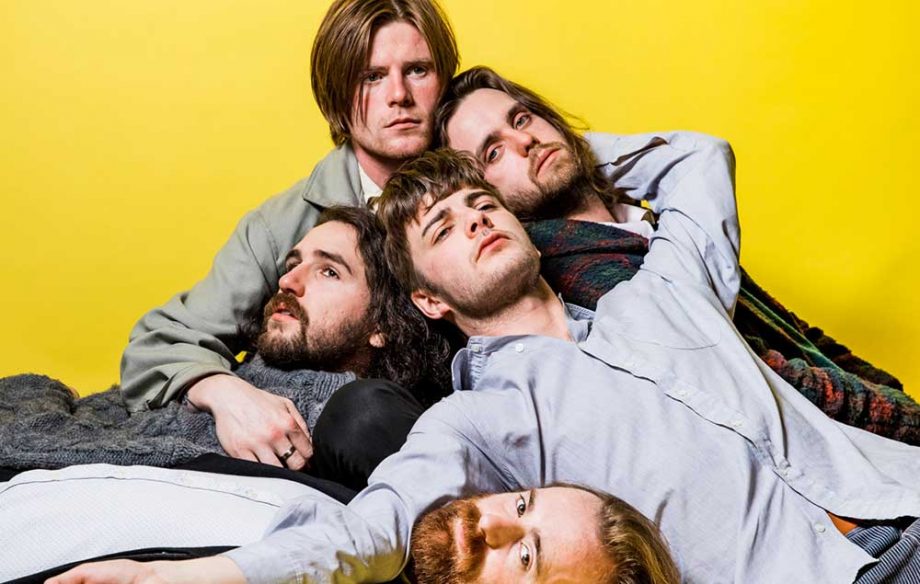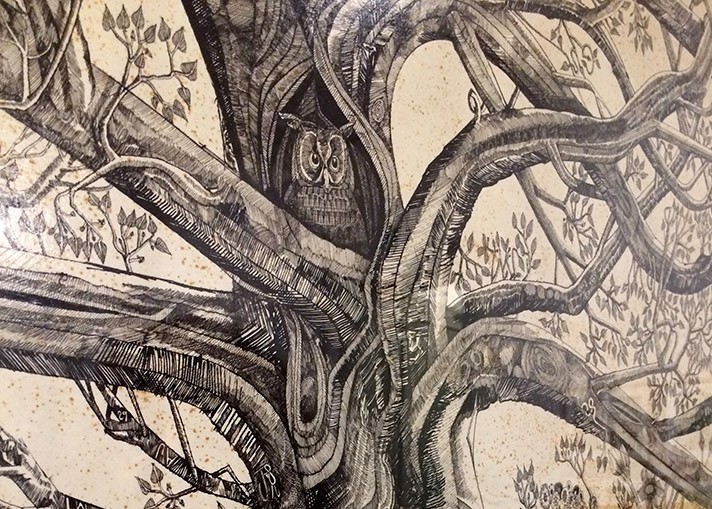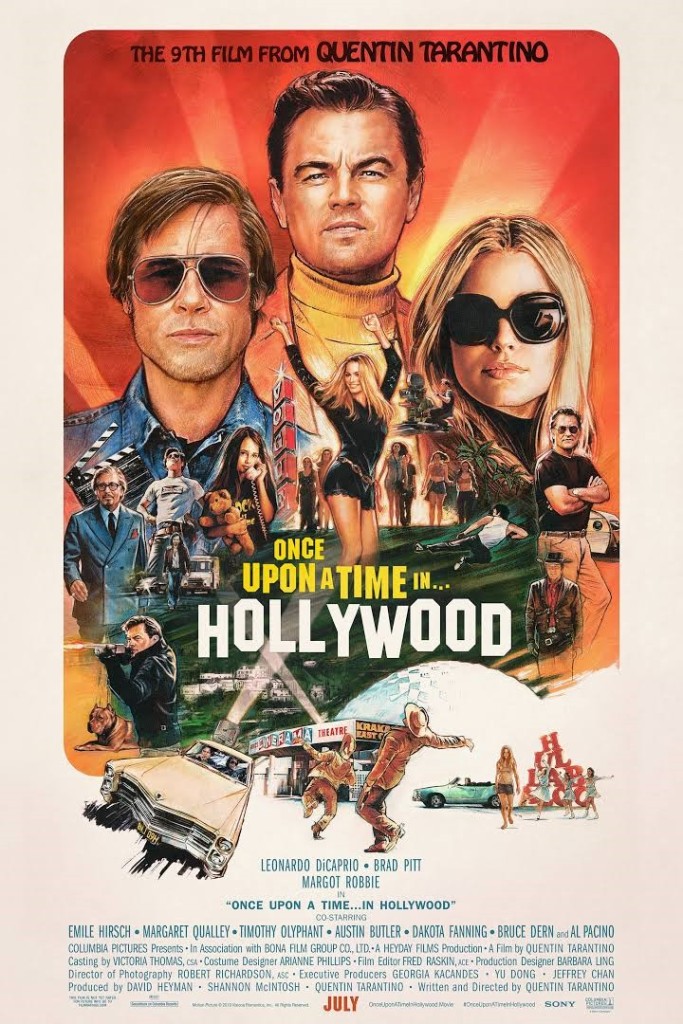Dogrel – Fontaines DC

Of course, the great thing about Spotify for all of us old timers who still love music, is that you can try out anything you hear about and see whether it tickles your fancy. It’s risk free, unlike back in the day when, if you were lucky, you heard something on John Peel late at night and were sufficiently struck to go out and buy it the next weekend. You had to be sure, because an album was a huge investment back then and a balance had to be struck between the excitement of finding something new and the responsibility of not blowing your beer money on something that would eventually turn out to be either ordinary or a little embarrassing.
Nowadays, the fact that I read about how great Sharon Van Etten’s latest record was and that that led me to download it from Spotify, only to find that, actually, it was a dreadfully dull dirge, these days that is not such a disaster. It remains in my Spotify library, untouched. I gave it another go (the third) last week, in a rare fit of open-minded second chance giving. It was still pants.
But all of this is made meaningless by the occasional discovery of something beautiful and stirring. Which brings me on to the wonders that are Fontaines DC, who, I discover, are listed for the Mercury Prize. In the same way The Black Keys had echoes of the first half of the Seventies, with their bluesy rock, guitar, bass and drums based sound, Fontaines DC recall the sound and feel of the latter part of The Seventies. On first hearing, on Spotify in the car, I almost had to pull off the road, so strong were the associations. I was transported back to the refectory at Leeds University, sweat condensing on the ceiling as we bounced to The Clash, thrilled by the raw energy of it, intrigued by the intelligence of the lyrics, and intoxicated by the sense of the sweeping away of the old.
There’s no sweeping away of the old here. All that was, has gone and is back again, so nothing shocks in quite the same way, but the songs are wonderful, the lyrics clever, the melodies a sweet counterpoint, the drive insistent. The illegitimate love child of The Clash and The Pogues, after a quick fumble with Joy Division, Fontaines DC produce a compelling love letter to Dublin, their home city. In the opening song, “Big” they announce their intent with a great first line: “Dublin in the rain is mine/ A catholic city with a pregnant mind”. The song also boasts a chorus that should be etched on the consciousness of every teacher.
“My childhood was small,
My childhood was small.
But I’m gonna be Big.
I’m gonna be Big”
A lovely reminder of the bygone age of “Every Child Matters”
On “Television Screens”, the first few bars, with the driving drums and bass and spiky, jangling guitar, slicing across are eerily reminiscent of Joy Division, so much so that when that section arrives at the point when the vocals should interject, people of a certain age, will be able to see in their mind’s eye, Ian Curtis, manically flailing his arms around, juddering from side to side as if someone had inserted an extra battery, about to launch into the lyrics. What’s even more reassuring is that when it turns out to be not Curtis but lead singer Grian Chatten, there is no disappointment, just a feeling of being in very safe hands
Their love of all things Irish permeates the album, which concludes with “Dublin City Sky” , a gorgeous Pogues-like ballad about love and loss, and “Boys from the Better Land” with its memorable verse,
“ You’re not alive until you start kicking
When the room is spinning and the words ain’t sticking
And the radio is all about a run away model
With a face like sin and a heart like a James Joyce novel”
It turns out that they have been nominated for The Mercury prize. No matter what happens with that (and I have a very bad track record of picking winners) think of this as a gift from me to you. An early Christmas present. Download it. Because one thing I am sure of.
Their childhood was small. Their childhood was small. But they’re gonna be Big. They’re gonna be Big.



